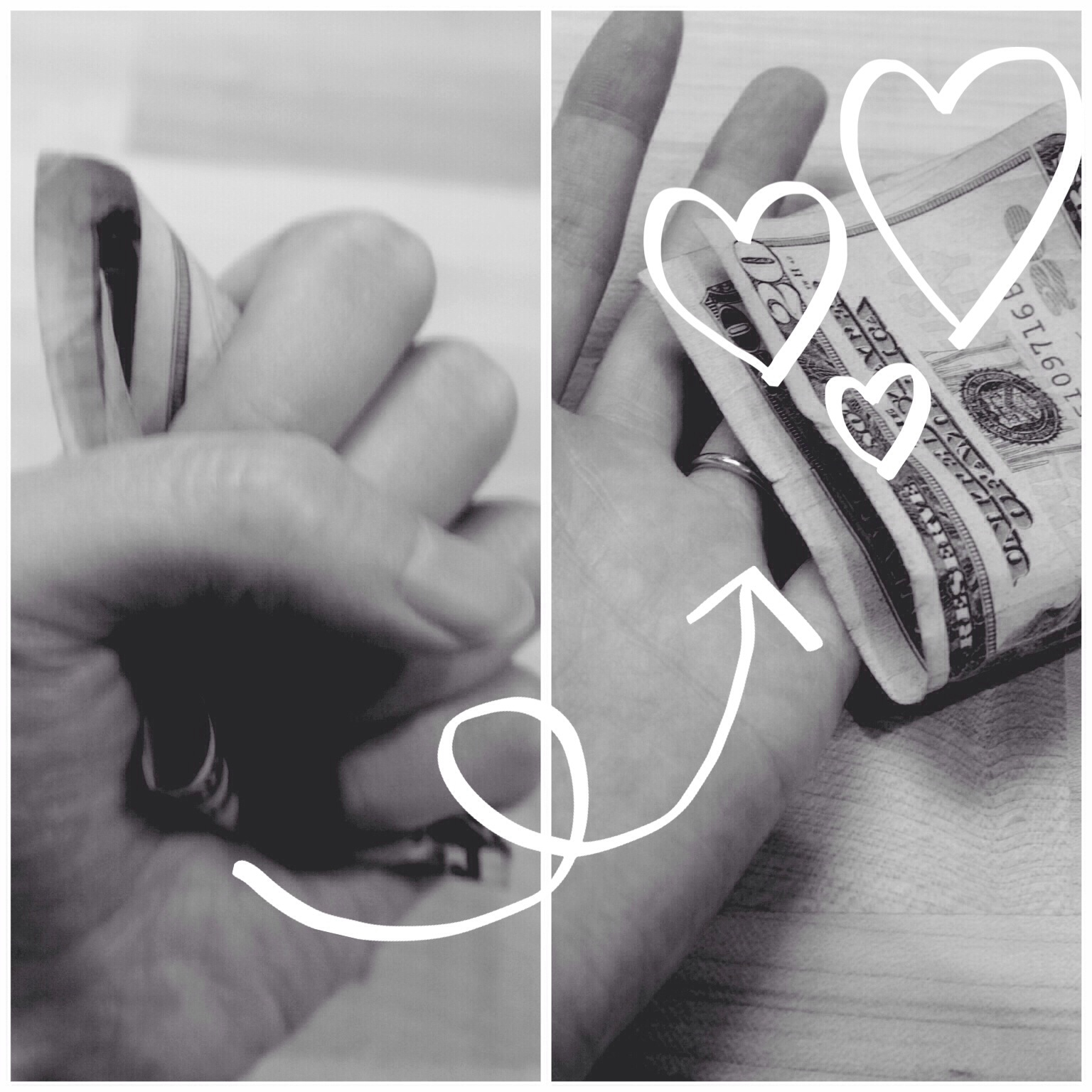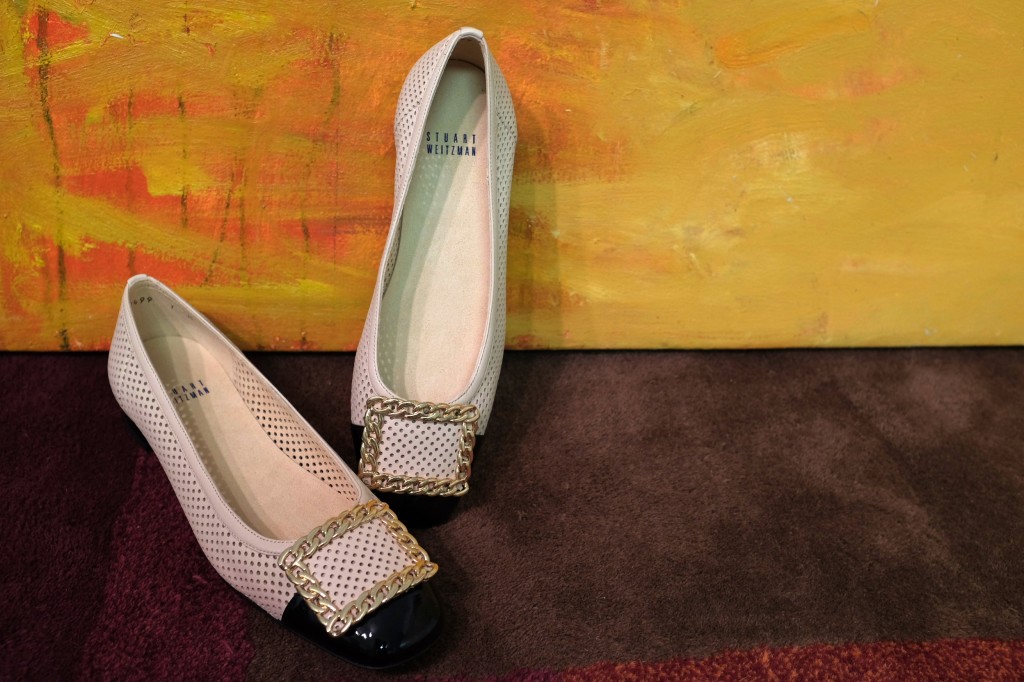“Sell your possessions and give to the poor.”
We’ve all heard some form of this commandment– invitation, if you will– attributed to Jesus himself. The problem many people face with this concept is in the details: sell my possessions? sell all my possessions? give away the profit? to all types of poor? I myself confess to thinking: I don’t have that much; in fact, I don’t have a regular income right now (because I’m a student), so this doesn’t apply to me, right?
As some of you know, I recently began a series inspired by Project 333, the inception of which you can find here. The goal has been to wear as many outfits as possible using only 11 items (pieces such as sportswear, wedding ring, undergarments, etc. excluded) to demonstrate that a small amount of clothing can get us through a month.
Furthermore, I am on a mission to discover the best way to pass things on— from determining one’s true needs to making sure the items are most effectively given away. This means avoiding the garbage dump, or even Goodwill, unless there is no other option.
A little history…
Giving my things to those who need it or will be greatly blessed by it has been an issue close to my heart since childhood. As an only child, I never had to compete for my possessions, which actually made me more generous. Furthermore, my possessions held a lot of meaning for me, because they connected me to the people who gave them to me. A blanket was not just a blanket; it was the piece of home that I took with me to preschool.
More recently, especially in the past few months, I have had to learn to say goodbye to things and simply hold onto memories or relationships. As a creative gift-giver myself, the idea of purchasing gift cards or writing a check for someone’s birthday hardly feels quite right. But I’ve become more inclined to give experiences— a home-cooked meal with friends, a ticket to a concert, or a fun day in the city– so that people don’t walk away each year with a lot of stuff from yours truly.
My longterm hope for myself is that my generosity will continue to grow. We can all begin with giving away those items that we do not need, and downsizing our spending habits to allow more space to be generous. We can learn to live on less. After that, I hope to be able to give until it hurts– to assess others’ needs as far greater than my own, and be willing to make a real sacrifice in order to help someone, not just offering the unwanted overflow.
Giving that much is a huge challenge for me, as it does not make any rational sense at first glance. I’m young, and should be building my finances. I should be frugal because I do not aspire to a high-paying job. I also value quality living and ethical consumption, which often takes a toll on the wallet. I should save up.
But, the reality is that the Lord Jesus calls me to radical giving. It is not radical to effectively throw something away by dumping it at the doors of a nonprofit because it makes me feel better than trashing it; in fact, that’s just lazy. It is not radical to donate items or money to causes only for the tax breaks. It is also not radical to follow trendy nonprofit causes because it will help me fit in on social media (ALS ice bucket challenge, case in point.)
Instead, good giving requires wisdom, effort, and experience. We must have our ears to the ground in order to hear the cries of the needy. We must understand the root causes of issues in order to address them properly. So whether I am giving a dime or 50% of what I earn, I must commit to much more than simply giving it away. I need to give it to the right people.
Here is a lesson I learned only in recent years: not all nonprofits are created equal. Some promise to do cancer research, but then spend all their money campaigning with fashion brands. Others promise to create a useful product, and then end up charging astronomical prices for those products. We need to evaluate the organizations and institutions to which we give. The good ones always offer a report of some kind– we should ask for it.
Another place to start is Charity Navigator or Charity Watch. Look up the charity you’re interested in and check out their score!
What you can do today: take one small step towards greater generosity.
Let’s talk about unwanted items first. If you know someone in need of that specific item, then by all means this maximizes the value of the item. Give it to them.
If you don’t know what people need, then you might have the option of selling the item and giving that money to a cause or individual that you’ve carefully selected. When you do sell your item, remember that the market value of the item (the demand) is its current monetary value. Even if you paid $200 for a pair of jeans 3 years ago, and the consignment shop offers to pay you $15, then your jeans are only worth $15 to you. (The store will probably sell them for $45, but you can’t do that yourself unless you put them on eBay.)
As I’ve mentioned before, selling clothing to Twice or thredUP is a great way to collect some cash to donate, especially if that clothing was heading to Goodwill. Why? Because Goodwill will not compensate you for your donation, but it will sell the item and take the proceeds itself. Better for you to decide where $15 goes than for someone else to decide where $45 goes!
Don’t have anything to sell at the moment? Then start saving to give. Shrink your monthly budget by 5% and you will be surprised at how quickly you adjust. We will not become give-until-it-hurts people overnight; instead, we ought to start with small steps that make us cheerful about how we are giving.
This does not mean shopping at Walmart and Costco only. To the contrary, it means becoming a more conscious shopper— which we will once we grow more informed about worldwide inequality. From your groceries to your clothing to your daily visit to Starbucks, consider the impact of the industries you support before you make the next purchase.
You can still be yourself. In fact, your tastes might just be refined. An example: I decided to purchase a new pair of flats from thredUP after I moved back to California, since New England weather ruined my shoes after a few years. These Stuart Weitzman flats were less than $60 and brand new from thredUP. By purchasing high-quality shoes from a recycled-clothing store, I’ve invested in a great company and will enjoy cute shoes for a number of years to come. Furthermore, designer shoes are often crafted by artisans rather than underpaid factory workers– another bonus.
Finally, if you need inspiration in order to say no to that third cocktail or twenty-fifth dress, check out these cool nonprofits and the causes they represent! Becoming aware of global and local issues is an excellent first step to take; it certainly has helped me realize– to great levels of conviction– just how privileged I am.


